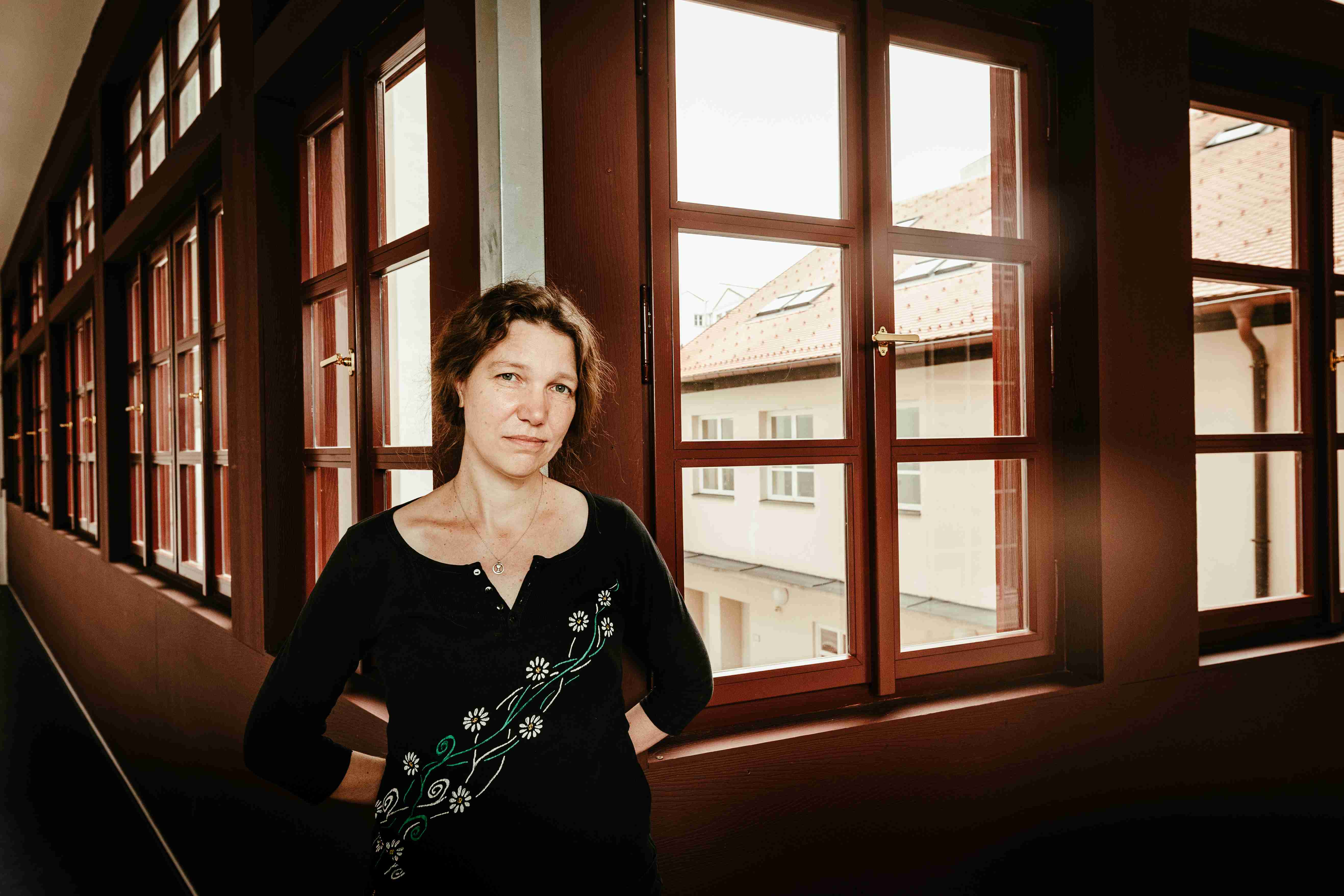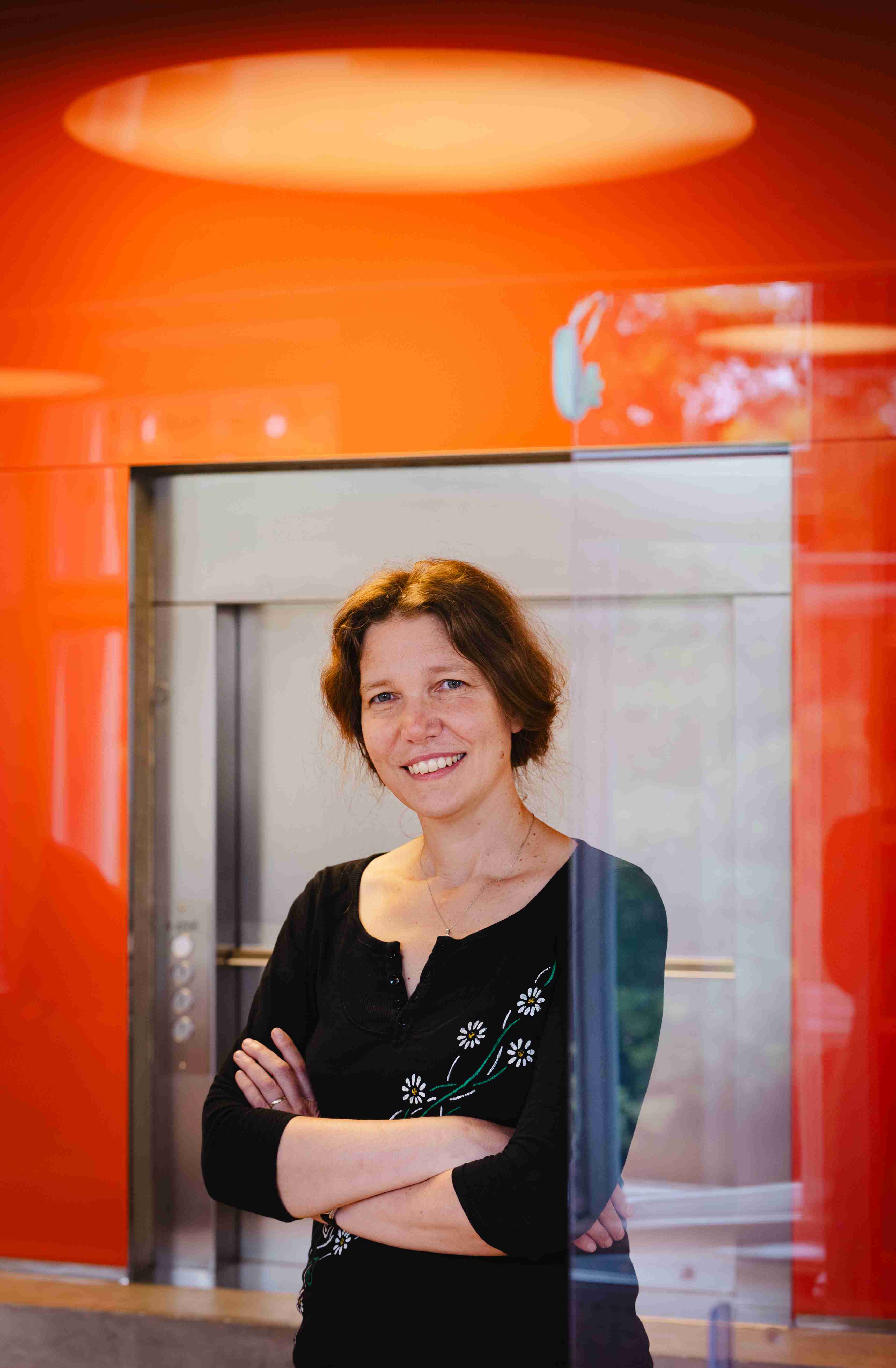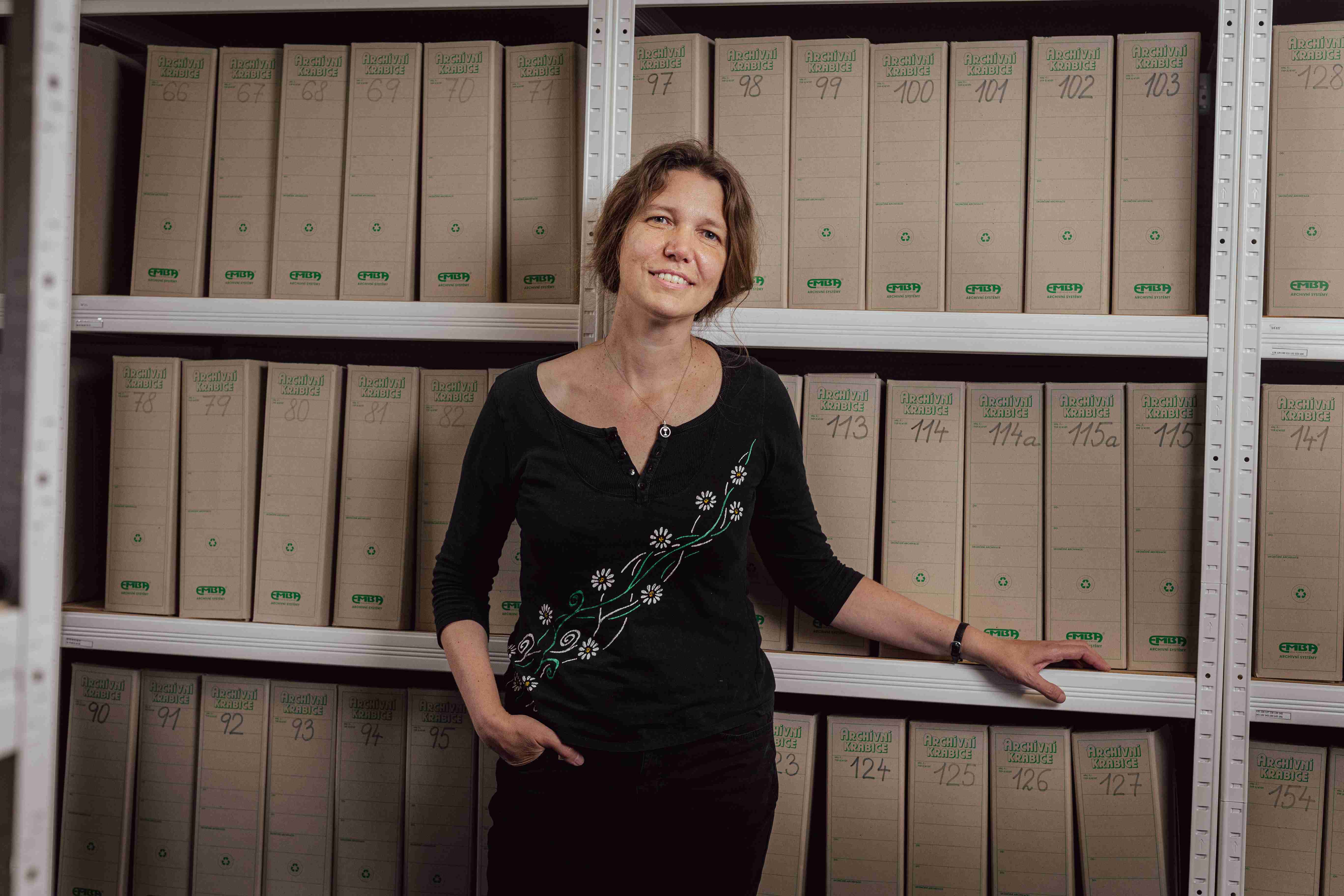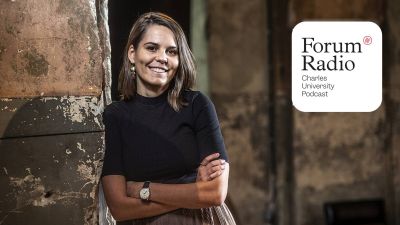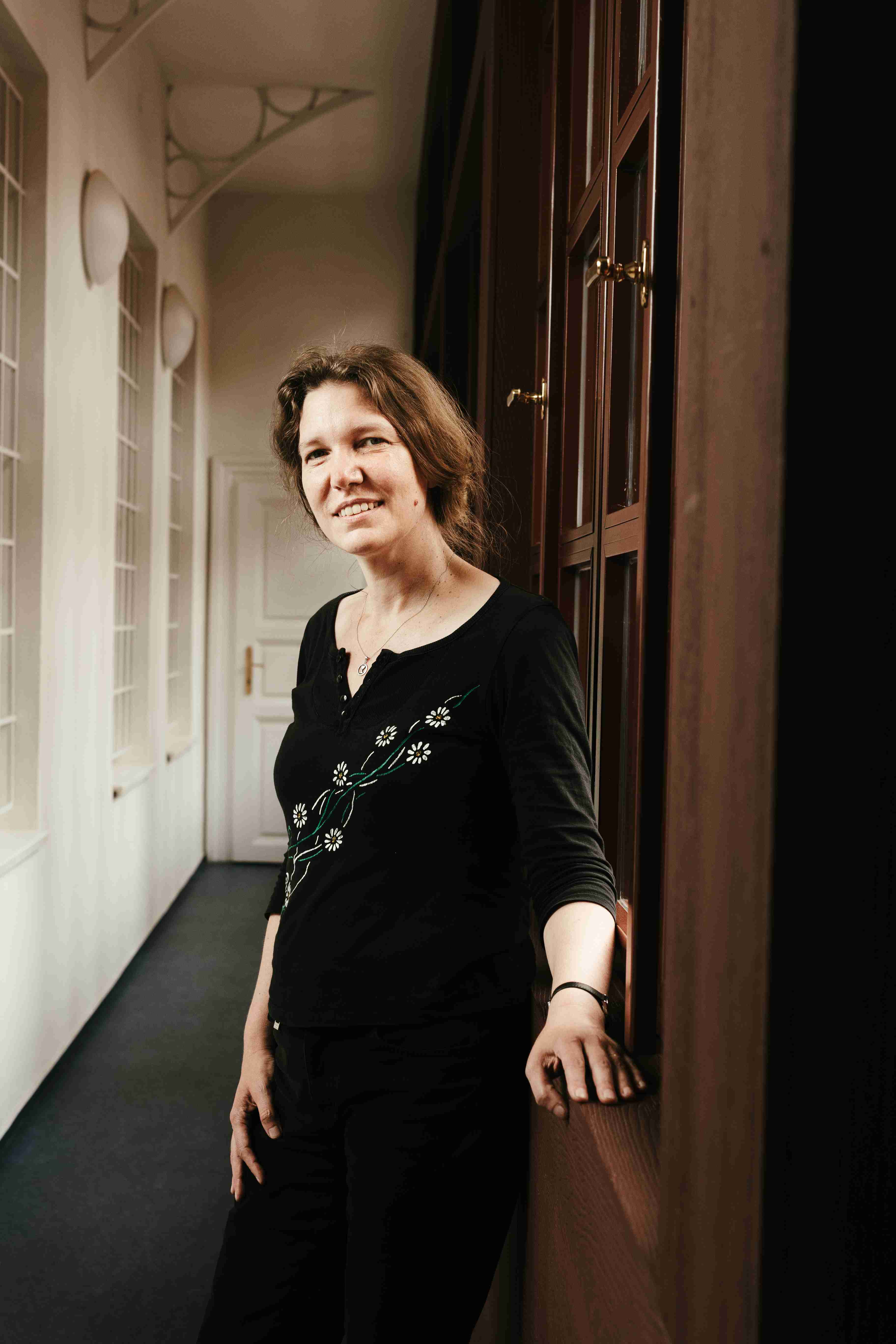 In a first for Czech academia, Kateřina Čapková, a historian at the Department of Middle Eastern Studies at Charles University, has become the first representative of the social sciences in the Czech Republic to secure the prestigious Advanced ERC Grant, the highest and most generous form of support from the European Research Council (ERC).
In a first for Czech academia, Kateřina Čapková, a historian at the Department of Middle Eastern Studies at Charles University, has become the first representative of the social sciences in the Czech Republic to secure the prestigious Advanced ERC Grant, the highest and most generous form of support from the European Research Council (ERC).
“I have obtained €2.5 million for a five‑year research project called INHIST. We aim to cover the history of five Central‑Eastern European countries – the Visegrád Four plus Ukraine – from the mid‑19th century to the present. We are pursuing an inclusive perspective on history. In our case, we will seek to interpret the region’s history from the vantage point of three often marginalised groups: Roma, Jews and people with disabilities,” Dr Čapková told Forum magazine. She received the Reimar Lüst Prize 2024 from the Humboldt Foundation last year.
This is the only Advanced ERC awarded to the Czech Republic this year; in the past, recipients have included the Jungwirth brothers—Tomáš (a physicist) and Pavel (a chemist). It is indeed an exceptional accomplishment, especially within the social sciences. It is a first Advanced ERC Grant for Charles University’s Faculty of Arts. Among other topics, Čapková and her international team, including seven others, will examine the conditions of injured soldiers and civilians in the war in Ukraine, as well as the non‑consensual sterilisation of Romani women in Slovakia. As a mother of four, she emphasises that family context and social relationships are important both to her personally and to her research. With her children grown, she can fully dedicate herself to research and teaching. She also intends to complete her undergraduate degree in Romani studies.
The Advanced ERC is an exclusive grant. It is not usual for recipients to still be studying. I read that you began studying Romani studies in 2018, but put that on pause a few years ago.
Yes, at that time I was running a large EXPRO project funded by the Czech Science Foundation, and we were also preparing a book on the Slánský trial (due to be published next year by Oxford University Press, with which Čapková and her two co‑authors have a contract – editor's note), so I had a lot on my plate. I am now returning to it. There's not much left, but the final exam in Romani will be extremely demanding after all these years. Moreover, because of the ERC, I had far less preparation time than I expected. Last summer I thought my ERC application was ok, but I didn’t expect to reach the second round with an interview before the Brussels committee… And now that I’ve learned I received the grant, I’m struck by how much time I already need to devote to its preparation at this early stage. I have little time left for studying Romani.
Your research focuses on the histories of Jews, Roma and Sinti. Will your new ERC project at Charles University build on that? What exactly will you address?
Obtaining ERC funding is truly demanding, but it is an invaluable experience. It forces you to push the boundaries of thinking about topics while planning each project component to be feasible. In my previous projects, I explored various aspects of Jewish history, refugee and migration history. My most recent project examined the intertwined wartime experiences of Jews and Roma during the Second World War. The new ERC grant will bring together all these themes and go further. Within this new, significantly larger study, we aim to cover the histories of five Central‑Eastern European countries—the Visegrad Four plus Ukraine—from the mid‑19th century to today.
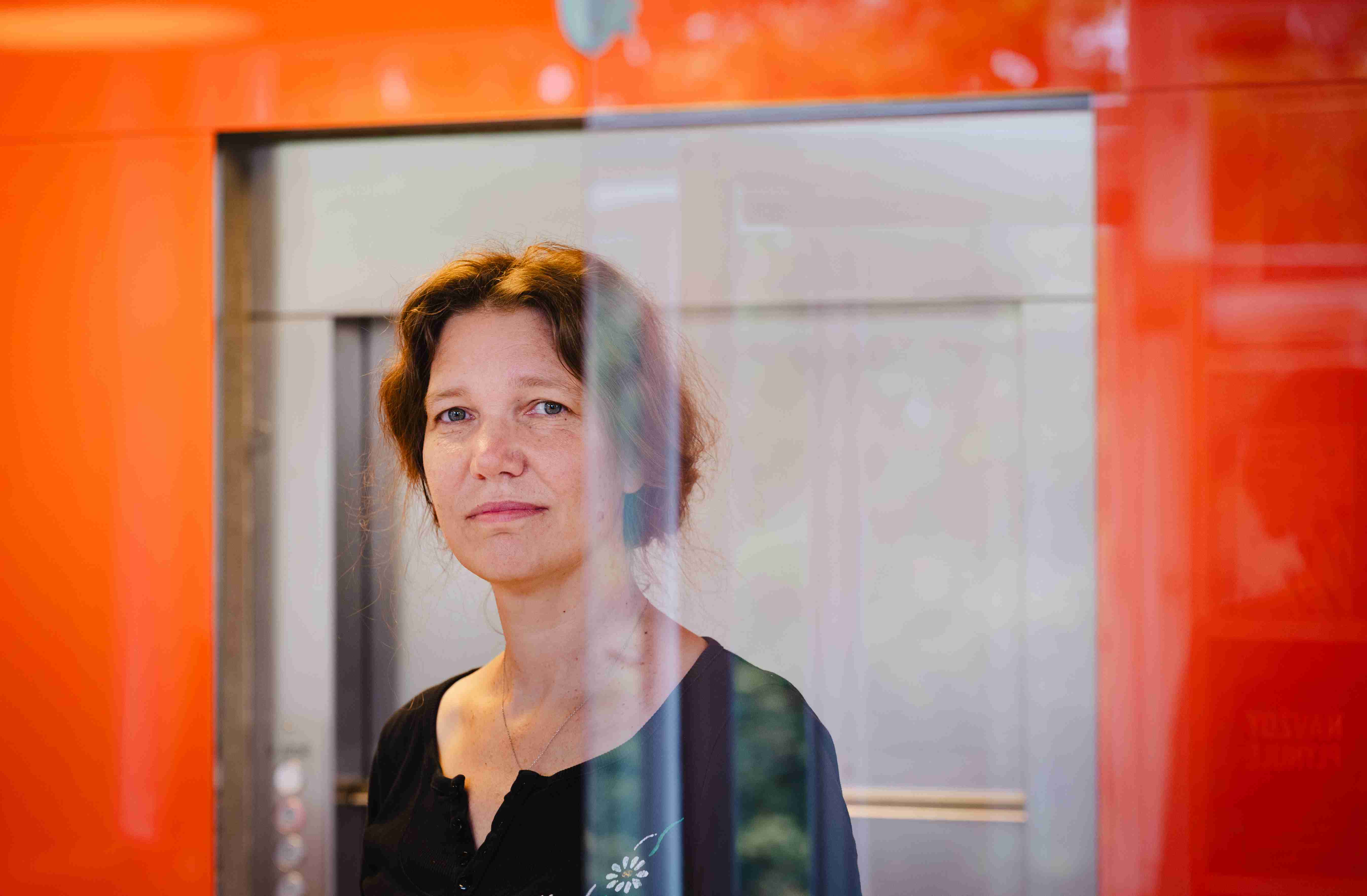
“We want to offer a new interpretation of Central and Eastern European history beyond the dominant national narrative,” says Čapková.
We want to reinterpret history through inclusive lens—opening it to the agency of various population groups, rather than allowing the story of the nation‑state to dominate, as is usual. This will be enabled by the perspectives of three internally diverse communities historically marginalised in historiography: Roma and Sinti, Jews, and people with disabilities. Yet this is not solely about the histories of those named groups. Through their viewpoints on society, we hope to offer a new interpretation of East-Central European history that avoids the prevailing “national narrative”.
That sounds ambitious. How many experts will work on the ERC, and from which countries are they from?
The team comprises eight people, including myself. We have a senior Polish colleague, and the rest are post‑doctoral researchers: two from Ukraine, and one each from Hungary, Slovakia and Slovenia. I am especially pleased that our team includes a Roma colleague, a doctoral candidate at Central European University (CEU) in Vienna. I sought scholars who are experts in the histories of Roma, Jews, or people with disabilities, and who also possess a deep knowledge of this region’s history.
I am greatly looking forward to collaborative discussions and developing new interpretations. The team also includes three representatives of communities whose perspectives on history and society we intend to analyse in depth. One of them is Elena Gorolová, a human‑rights activist who received this year’s Charter 77 Kriegel Prize. It is important to us to work closely with them, so that they help us raise questions that are crucial to them, and which we might otherwise overlook.
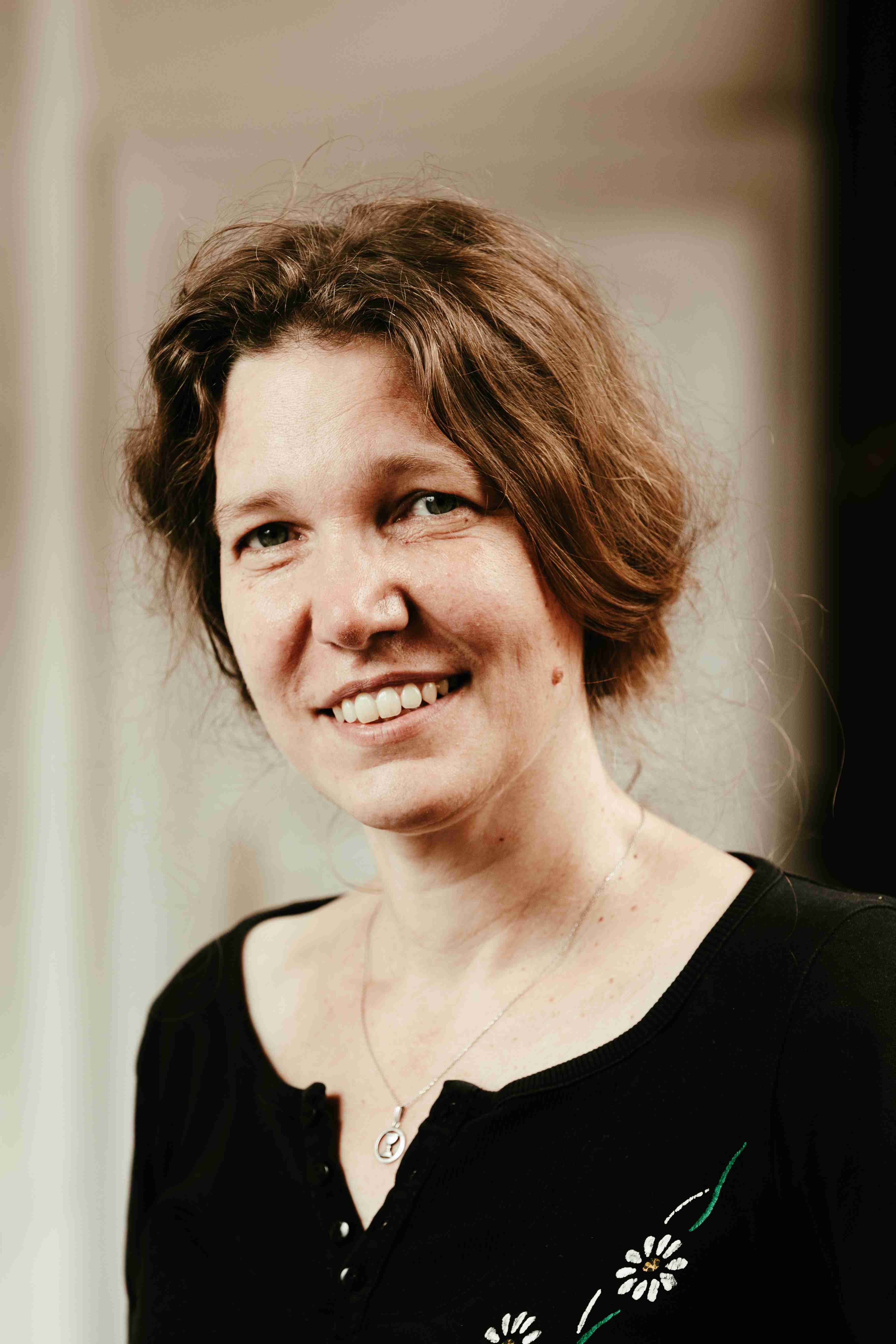 How will Ukrainian history be integrated into the project? Not only is Ukrainian history complex (especially in the 1930s), but there's also the current wartime situation. Is that why you have two Ukrainian team members?
How will Ukrainian history be integrated into the project? Not only is Ukrainian history complex (especially in the 1930s), but there's also the current wartime situation. Is that why you have two Ukrainian team members?
Our project will generate a range of outputs—each team member has their own specific theme and regional focus. At the same time, the main backbone of the project will be a joint book that ties together the history of the entire region. In Ukrainian historiography, research on the histories of Roma and people with disabilities is still considerably neglected. This is why Ukraine alone is represented by two specialists. Radomyr Mokryk, well known in the Czech Republic for his excellent books on Ukrainian history and the ongoing war, will, for example, examine the situation and perspectives of individuals injured in wars on Ukrainian territory—whether during the Second World War or now due to the Russian aggression. His research will be conducted in close cooperation with the organisation Pryncyp (founded by Masi Nayyem and Liubov Halan in 2023, https://www.pryncyp.org/ – editor’s note). These topics, as well as others in our project, are naturally linked to human‑rights history.
You say the result of the research will be a joint book. Will it be a single book, or rather a series of publications and peer‑reviewed articles?
There will certainly be many scholarly articles in leading international journals. Some of my colleagues plan standalone books. However, the joint book intends to offer a new interpretation of the region’s history. Our key themes will include the evolution of the definition of citizenship, the history of access to education, employment, health insurance, and political representation… Our interpretation will be strongly informed by specific stories found in archives or collected through our extensive oral history research. We also plan to prepare a secondary school textbook, based on our main publication, to help promote a different historical narrative in schools. In the final years of the five year project, we will bring a professional educational specialist onto the team.
What sources will you draw on?
We place emphasis on sources that capture the authentic voices of these communities. We plan to develop a database of testimonies from Roma and Sinti from the Second World War, and to establish a new publicly accessible digital archive of primary documents that have often been overlooked. For example, my colleague Viola Lászlófi discovered letters from clients of several 19th century institutions for the mentally disabled in Hungary, in which they speak for themselves about their treatment. However, making such documents public raises significant ethical questions. For each one, we will consider how to protect the rights and dignity of the writers. Some will need to be anonymised, but sometimes naming the author is crucial so that we do not write about unidentifiable individuals alone. These are issues we have been addressing for years at the Prague Centre for Romani Histories, which I initiated and currently lead (more at www.romanihistories.org – editor's note).
What is the exact title of the project? And what is its allocated budget?
The project is called INHIST, an abbreviation for Inclusive History of East-Central Europe. Mid-19th Century to Present. The budget over five years for the entire research team is €2.5 million (approximately CZK 62 million). I would like to emphasise that the assistance of Faculty of Arts grant consultant Štěpánka Gray Marková was crucial for me. She guided me through the entire application process. I didn’t have to worry about many details such as the grant budget.I also received valuable input from her on all aspects of the proposal. I am very grateful to her. It is wonderful that Charles University’s Faculty of Arts has chosen to support ERC applicants in this way.
What new methodologies do you plan to apply—apart from selecting overlooked topics?
Our project is based on extensive archival research across many countries, not just in the region. We will work in ten languages, including Yiddish, Romani and Hebrew. Because we are seeking archival materials that reveal these groups’ perspectives, we cannot rely solely on large national archives containing government documents. We must also go into local archives, archives of local and international NGOs, municipal chronicles, personal estates or family archives. It will be a demanding search. We also plan to record many interviews. One sub-theme is the coerced sterilisation of Romani women in Slovakia—I would like to use the project to support Slovak Romani women who have not yet achieved recognition of their suffering or at least partial compensation, as has occurred in the Czech Republic.
How do you, as a historian, research and write about such difficult topics—including the Holocaust and persecution—especially when you are also a mother of four?
I began working on Jewish history during my studies, before having children. At that time, I started with a project on the Holocaust. Later, I turned to other periods. I had two children during my doctoral studies, and two afterwards; I originally wanted seven (she laughs). I would be glad if my story could serve as encouragement for other women scholars who wish to have more children. For me, family was clearly a higher priority than academic work. Even with my first child, I heard from older colleagues that it was a shame I chose “family over career,” that I could have been something (she laughs). At that time, I felt similarly. Yet for me, the choice was clear, and I never expected to succeed in academia.
What did you plan to do?
I went to study German studies and history intending to teach them at secondary school. A key influence on my choice of subjects was Professor Mydlarčíková at Wilhelm Pieck Grammar School in Prague’s Vinohrady—she was our German and history teacher. So my career was somewhat unusual. I spent a great deal of time on family duties and cherished time with the children. I didn’t take up full time work until after turning forty! That was only possible because my husband had steady employment. I had his full support for my research and writing. He also tried to spend as much time as possible with the children. Looking back, the children paradoxically gave me freedom, as I was able to work on topics of my own choosing. And once I had published two books in the field of Jewish history and refugee history, also in German and English, I was able to defend my specialisation. Nobody was pressuring me to turn to supposedly “more important” Czech political history, as I experienced during my doctorate.
I noticed that in 1998/1999 you had an internship at Oxford.
Yes—it was just before having children. It gave me a great deal. My husband was then in Lille, France; we were already married and we would travel back and forth under the Channel by train twice a month (she smiles). People may not perceive it this way today, but for us in the 1990s, it was very rare to be able to study abroad. We made the most of it, and I continue to benefit from it.
In 2021, you published a book with the renowned University of Pennsylvania Press, from the famous Ivy League UPenn. How did you come to that project?
It is not a monograph, but rather a collective project on the history of Jews in the Bohemian lands from the early modern period to the present. I put together a team of nine world class specialists who worked (sometimes two or three together) on individual chapters. But it is an internally coherent whole, not a mere collection of studies. Yes, the original was published by Penn Press, which is a quality publisher. The book was also released in three additional languages—Hebrew, Czech and German. We received an international award for the work. We thoroughly discussed the book’s concept and even the first chapter drafts during three two-day workshops. It was an amazing experience of collaborative academic work… We had deep respect for one another, and our discussions—while critical—were always aimed at proposing better solutions. I firmly hope we can cultivate a similarly creative and stimulating environment in our ERC team.
Do you travel frequently to archives? For example, the aforementioned Hungary, and so on?
Regarding the countries selected for the ERC project, it will be a team effort. I personally travel where key sources for my research are located—namely Germany, the USA, Israel, Poland, Austria and Switzerland—often following the migration patterns of marginalized communities. In connection with preparing the book on the Slánský trial, I also was in Moscow archives in 2019. We managed to complete archival research there just in time. The following year, the pandemic struck followed by Russian aggression against Ukraine.
You also teach at New York University in Prague, correct?
Since 1999 I have been teaching externally at New York University in Prague, offering a course on the history of Jews in modern Europe. This year I did not teach due to my fellowships abroad. I am currently negotiating with the university leadership to offer, in future, a course on inclusive history of Central Eastern Europe—based on the concept developed for the ERC project—in place of the previous course.
You have often spoken about family. What role does family play in your work?
It is vital. Family is the foundation that allows me to function in a demanding academic environment.
I may surprise you, but years ago—in 2017—I was at your home. I conducted an interview for Lidové noviny with theologian Petr Pokorný, a professor at Charles University who received the Donatio Universitatis Carolinae. How did it influence you that such a significant biblical scholar was your father?
Rather than him influencing me as a theologian, what mattered was that he was a wonderful father who made a deep impression on me and my siblings with his profound faith and trust in God. However, my interest in inclusion was more shaped by my mother, Věra Pokorná, who was a child psychologist and published several seminal texts on caring for children with learning difficulties. Especially in her final years, she worked consistently on the concept of inclusive education.
What meaning do you see in your work, in uncovering the lives of our ancestors?
We are an active Protestant family. Initially, I intended to study the history of the Bohemian Reformation, but I found that everyone knew me merely as “someone’s daughter,” which made me uncomfortable. That led me to become interested in other communities: first the Jewish community, then others. I am forging many friendships with people from these communities which is very enriching for me. In doing so, I also learn more about myself and my own roots. I see both the advantages and the limitations of my background, and it inspires me in my further research.
| Kateřina Čapková, PhD |
| Kateřina Čapková is a historian specialising in the modern history of Jews, Roma and Sinti in Central and Eastern Europe, as well as migration and refugee studies. She recently received the elite Advanced ERC grant titled INHIST worth €2.5 million. She is based at the Department of Middle Eastern Studies at Charles University, where she will take up a full academic post in October 2025 after completing her research stay at the Leibniz Institute for Jewish History and Culture – Simon Dubnow in Leipzig. She also lectures at New York University in Prague. She is the author and co-author of several books, including the award winning monograph Češi, Němci, Židé?; she co-edited Prague and Beyond: Jews in the Bohemian Lands (with Hillel Kieval) and Jewish and Romani Families in the Holocaust and its Aftermath (with Eliyana Adler). She initiated the Prague Center for Romani Histories, now one of the research centres at Charles University’s Faculty of Arts (www.romanihistories.org). She received the Reimar Lüst Award 2024 from the Humboldt Foundation. She has held fellowships at Oxford, Chicago, Berlin, Vienna and Basel. She is a mother of four children. |
